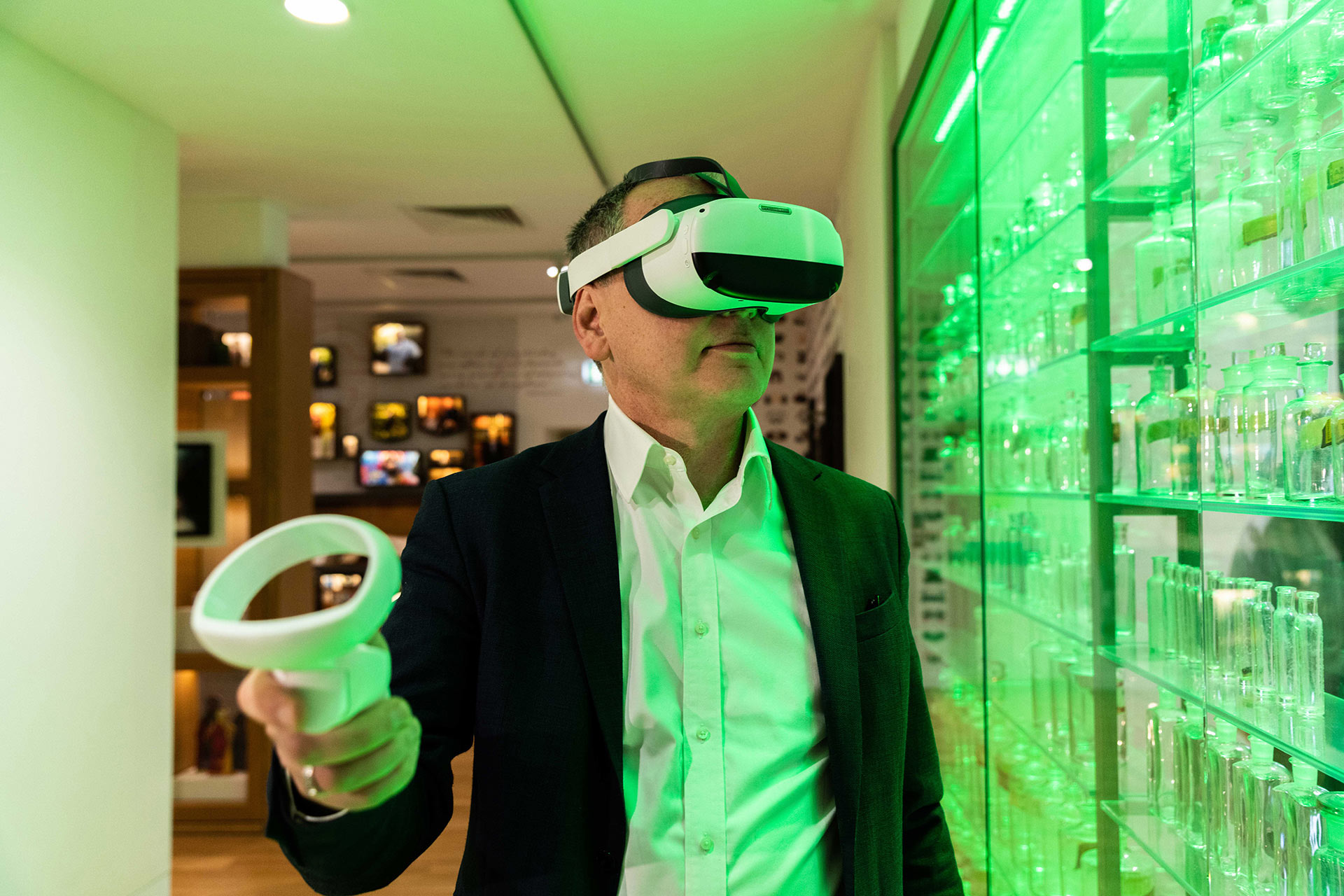Cities never cease to evolve. More and more green and open spaces have been cut down for buildings and expansion of traffic routes. The result is ‘’Urban Heat Islands’’ that pose health risks as well as damage infrastructure. Being a consortium leader, Software AG is heading the KLIPS research project, which aims to localize and predict heat islands using artificial intelligence and a sensor network. Leipzig and Langenfeld are among the pilot cities for this project
Urban growth in Germany has been somewhat hampered by the Corona pandemic. After examining demographic statistics from the 15 biggest German cities, researchers at the Helmholtz Institute for Environmental Research (UFZ) came to this conclusion. However, metropolises are facing major challenges due to the constant modernization and expansion of their transport infrastructure and development of more and more construction projects.
Urban soil sealing and the climate
Cities are becoming ever more exposed to the effects of climate change as crucial open spaces are shut down for the developments. To put in context, parks or other green environments don't store heat as effectively as concrete, glass, or asphalt do. As a result, heat islands are created, which can have a temperature difference of up to 10°C from their surroundings. Heat islands can cause significant amounts of damage and expense to infrastructure due to cracked asphalt surfaces and distorted tracks, as well as health issues for particularly vulnerable populations.
The KLIPS research project is creating an information platform based on artificial intelligence to localize heat islands or even detect them in advance for a more environmentally friendly urban and infrastructure development.
In the test cities Leipzig and Langenfeld, sensors were installed that continuously measure current temperature data. Further data is combined with this information and analyzed in real time by the AI-based platform.
Software AG responsible for designing and developing the prototype KLIPS platform as the consortium leader. The German Aerospace Center, the Leibniz Institute for Ecological and Regional Development, Ergo, and the Fraunhofer Henrich-Hertz Institute are a part of the research team. This project is funded by the German Federal Ministry of Transport and Digital Infrastructure. "With Cumulocity IoT, one of the top IoT platforms in the world, and its application-specific further development into a KLIPS platform, Software AG will also make an important technical contribution to the project's success," said Christian Gengenbach, Vice President Research at Software AG, at the start of the project.


